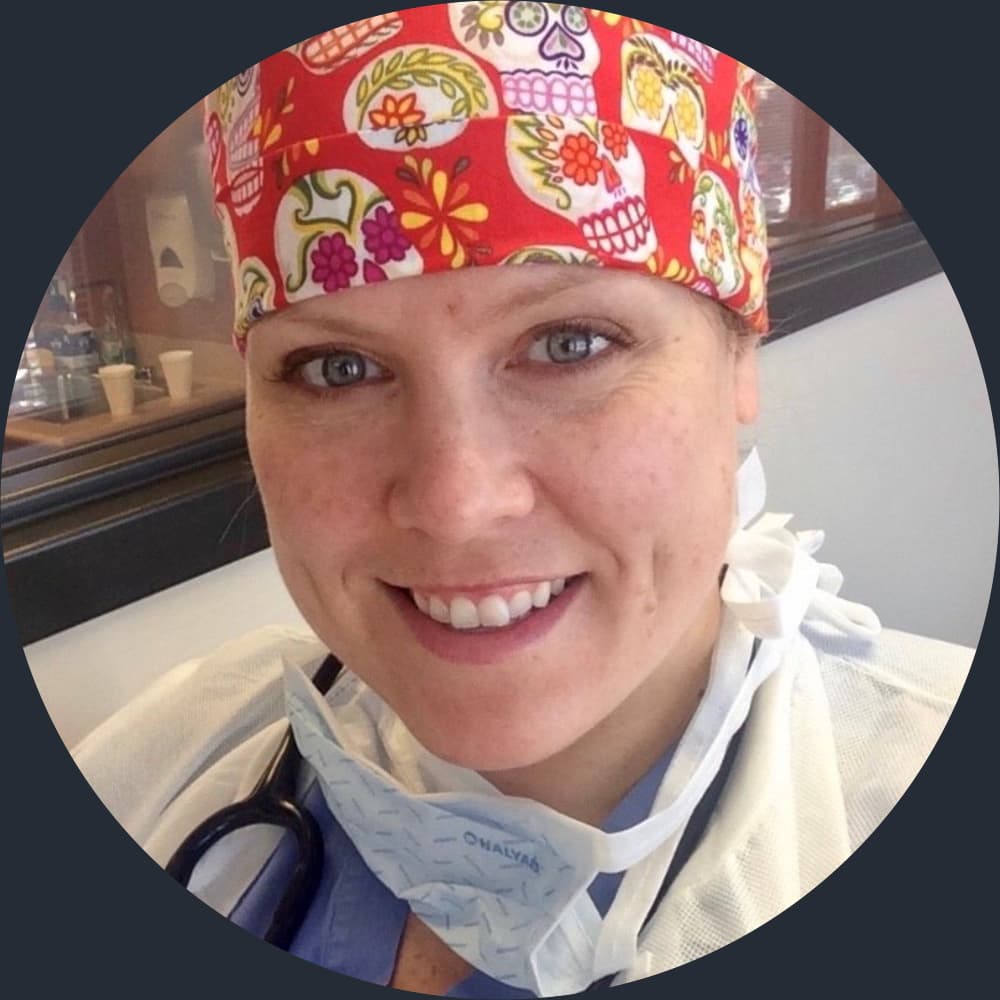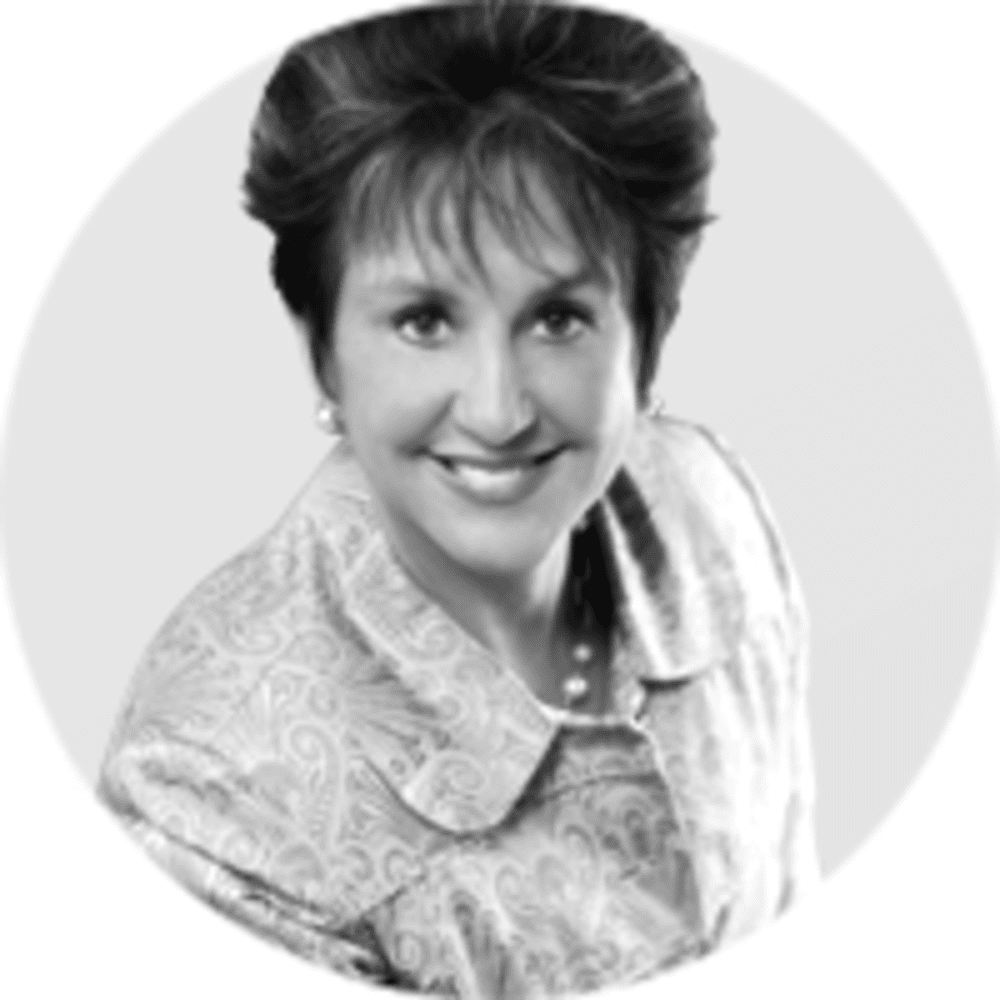Nurse-Midwives, Nurse Anesthetists, and Nurse Practitioners: What’s the Difference?

Nurses with an advanced nursing degree and an active nursing license can pursue national certification as nurse practitioners (NPs), nurse anesthetists, or nurse-midwives. Known collectively as advanced practice registered nurses (APRNs), these professionals diagnose and treat patients, order and interpret lab tests, and counsel patients and their loved ones.
All APRNs must hold a minimum of a master of science in nursing (MSN) degree. Master’s-level nursing students can often pursue a specialization, focusing on an area of advanced nursing practice that interests them most.
APRNs coordinate patient care and provide specialty and primary care. The specific responsibilities of these providers vary by state and workplace. Although nurse-midwives, nurse anesthetists, and nurse practitioners are all considered APRNs, each specialty holds very different skills and responsibilities.
On this page, readers can explore the differences between nurse-midwives, nurse practitioners, and nurse anesthetists, including salaries, job duties, career information, and education and licensing requirements.
What is a Nurse Practitioner?
Taking a comprehensive perspective on healthcare, nurse practitioners or NPs use their clinical expertise to diagnose and treat various health conditions and injuries. These nurses often focus heavily on disease prevention and health management.
NPs not only serve as healthcare providers, they function as educators, researchers, mentors, and administrators. These professionals can lower the cost of healthcare for patients while providing high quality healthcare and patient counseling. NPs help patients and their families formulate effective healthcare plans that promote continued health and wellness.
Nurse Practitioner Job Duties
NPs are responsible for providing patients with both specialty and primary care. These healthcare providers evaluate patients and formulate care plans to improve or manage medical conditions, injuries, and illnesses.
NPs often specialize in a certain patient population area such as pediatrics or gerontology. An NP’s specific responsibilities and duties may vary, depending on the state in which they practice, the patient population they focus on, and the healthcare setting they work in. Readers who want to explore more information about nurse practitioner responsibilities can review our NP career page.
Nurse Practitioner Jobs
Nurse practitioner jobs tend to focus on different patient populations. An NP’s specific responsibilities, roles, and scope of practice depends on their specialty area. Common specialty areas include mental health, pediatrics, gerontology, and family care. Nurses often begin exploring their specialty as MSN candidates, obtaining the skills and knowledge they need to excel after graduation.Psychiatric Nurse Practitioner
These NPs evaluate the mental health needs of individuals, families, groups, and communities. Psychiatric nurse practitioners work to create and implement effective healthcare plans and treatments.Neonatal Nurse Practitioner
NPs in this specialty treat newborn infants. Neonatal nurse practitioners care for newborns with complex health issues, often in neonatal intensive care units.Family Nurse Practitioner
Family nurse practitioners provide individuals across the lifespan with primary healthcare services. These NPs focus on preventative care to help patients maintain health and wellness.Pediatric Nurse Practitioner
Pediatric nurse practitioners provide care for children from birth to age 21. They work in a variety of settings, including physican’s offices and healthcare clinics.Nurse Practitioner Salary
Nurse practitioner salary rates depend on geographic location, the NP’s education level, and their professional experience. Earning potential can also vary depending on the nurse’s focus population and workplace. Nationally, the median annual salary for NPs is $110,030. NPs with earnings in the bottom tenth percentile draw annual mean wages of $78,300, while those in the 90th percentile enjoy a mean salary of about $150,320 each year.Top-Paying States for Nurse Practitioners
Source: BLS.gov, 2018
How to Become a Nurse Practitioner
Individuals wondering how to become a nurse practitioner should pay close attention to the job’s educational criteria. First, prospective NPs should earn a bachelor of science in nursing degree (BSN). These programs typically require about four years of full-time study. After earning a BSN, graduates may take the NCLEX-RN examination to qualify for an RN license. Once candidates hold a BSN and an active RN license, they can enroll in an MSN program. Many traditional and online nurse practitioner programs allow learners to pursue a specialization, letting candidates jump start their NP careers. Some specialized academic tracks focus on certain patient populations or nursing subfields, such as family care, neonatology, adult-gerontology, and women’s health. After earning an MSN, graduates can choose to advance their education by pursuing a doctor of nursing practice (DNP) degree. After earning a graduate degree in nursing and holding a valid RN license, NP candidates can complete and pass their national certification examination to become certified NPs.Spotlight: Ask a Nurse Practitioner

Nurse Practitioner FAQs
Which Nurse Practitioner Specialty is in Highest Demand?
Job opportunities for APRNs are likely to remain strong, with about 16,900 openings for nurse practitioners, 3,200 openings for nurse anesthetists, and 500 openings for nurse midwives each year.Can Nurse Practitioners Prescribe Medication?
NPs may or may not be able to prescribe medication, depending on their state’s laws. Some states give NPs full prescriptive authority, while others might require a collaborative agreement or direct supervision from a physician.What’s the Difference Between Nurse Practitioners and Doctors?
NPs and doctors complete different educational pathways. NPs earn their degrees from nursing school, while doctors complete their degrees at medical school and satisfy residency requirements.What is a Nurse-Midwife?
Certified nurse-midwives (CNMs) provide a range of primary healthcare services for female patients from adolescence beyond menopause, including family planning services and gynecological care. CNMs also provide preconception and prenatal counseling, assist during childbirth, and offer postpartum care during a baby’s first 28 days of life. These providers boast education, knowledge, and skills in both nursing and midwifery. CNMs hold graduate-level nursing degrees and specialized certifications. While CNMs usually work in physician’s offices or hospitals during normal business hours, they also often work on call and on nights, weekends, and holidays.Nurse Midwife Job Duties
Nurse-Midwife Salary
Nurse-midwife salary information depends on the nurse’s professional and educational background, and the setting in which they work. Nurse-midwives across the country earn an annual median salary of $103,770. CNMs in the tenth earning percentile draw an annual mean wage of $70,100, while those in the 90th percentile make $151,070 each year.Top-Paying States for Nurse Midwives
Source: BLS.gov, 2018
How to Become a Nurse-Midwife
Prospective nurse-midwives should review their chosen career’s educational requirements. While CNMs are APRNs and must hold an MSN or higher, the first step to becoming a CNM is earning a BSN. After earning a bachelor’s degree, candidates must pass the NCLEX-RN exam to become an RN. Individuals who earn the RN credential may then enroll in an MSN program. Some institutions allow MSN candidates to select a nurse-midwifery concentration. While prospective CNMs with an MSN and an active RN license may seek national certification, some professionals choose to advance their education by pursuing a doctor of nursing practice (DNP). Candidates pursuing national nurse-midwife certification must take and pass the American Midwifery Certification Board’s certification exam. To sit for the exam, applicants must provide proof of RN or NP licensure, along with transcripts from a graduate program accredited by the Accreditation Commission for Midwifery Education.Spotlight: Ask a Nurse-Midwife

Nurse-Midwife FAQs
Can Nurse-Midwives Prescribe Medication?
Whether or not CNMs can prescribe medication depends on the state they practice in. Each state maintains its own requirements and prescriptive authority guidelines for APRNs.Can Nurse-Midwives Practice Independently?
Individual states also determine the regulations regarding CNM practice. Some states allow nurse midwives to practice independently, while others might require them to sign a collaborative agreement or work under a physician’s direct supervision.What’s the Difference Between a Nurse Midwife and an OB/GYN?
Nurse-midwives and OB/GYNs undergo different types of medical training. OB/GYNs complete medical school and a residency requirement while nurse midwives complete nursing programs. Nurse-midwives typically provide more family-centered care and patient education than OB/GYNs, but can not provide all of the same medical services as doctors.The Best Online Nurse Midwife Programs
What is a Nurse Anesthetist?
Certified registered nurse anesthetists (CRNAs) are APRNs who provide patients with anesthetics in every practice setting and for every type of procedure or surgery. CRNAs typically work in hospitals or outpatient care centers. They follow full-time work schedules, sometimes working nights, weekends, and holidays. Nurse anesthetists perform essential, important functions during surgical or diagnostic procedures, ensuring patients remain comfortable and safe during surgery. Along with providing general anesthesia, CRNAs also numb areas of the body by administering local or regional anesthesia.Nurse Anesthetist Job Duties
Nurse Anesthesthetist Salary
With a median annual wage of $167,950, the average nurse anesthetist salary is the field’s highest. The annual mean wage for CRNAs in the tenth earning percentile approaches $116,820, while those in the 90th percentile earn an annual mean wage of $208,000.Top-Paying States for Nurse Anesthetists
Source: BLS.gov, 2018
How to Become a Nurse Anesthetist
CRNAs must meet specific educational criteria and follow a detailed credentialing process to obtain certification. The first step to becoming a CRNA is earning a BSN. BSN-holders are eligible to take the NCLEX-RN exam and obtain their RN license before enrolling in an MSN program. After earning a master’s degree, prospective CRNAs spend at least one year working in an intensive care unit before enrolling in an accredited nurse anesthesiology DNP program. Nursing students considering a CRNA career can explore distance learning opportunities that allow them to complete coursework online and clinical requirements in their local communities. CRNA hopefuls who satisfy the educational criteria may pursue their national nurse anesthesiology certification. To do so, applicants must pass the National Board of Certification and Recertification for Nurse Anesthetists’ examination. Readers interested in learning how to become a nurse anesthetist can find more information on this page.
Nurse Anesthetist FAQs
Can Nurse Anesthetists Prescribe Medication?
Prescriptive authority for CRNAs varies by state. However, all states allow CRNAs to choose, order, and administer controlled substances and legend drugs following proper protocols.Do Nurse Anesthetists Have Flexible Schedules?
CRNAs typically work in hospitals and other medical facilities during normal business hours. They may also work weekends, holidays, nights, and on call.Are Nurse Anesthetists in Demand?
Overall employment for nurse anesthetists is expected to grow 26% between 2018 and 2028. This rate is much faster than the national average growth rate for all occupations combined.Find a Nurse Anesthetist Program Near Me




